A visual history of this intriguing artistic period, featuring work by Dix, Grosz, Heartfield, Brecht, and more.
John Willett Boeken
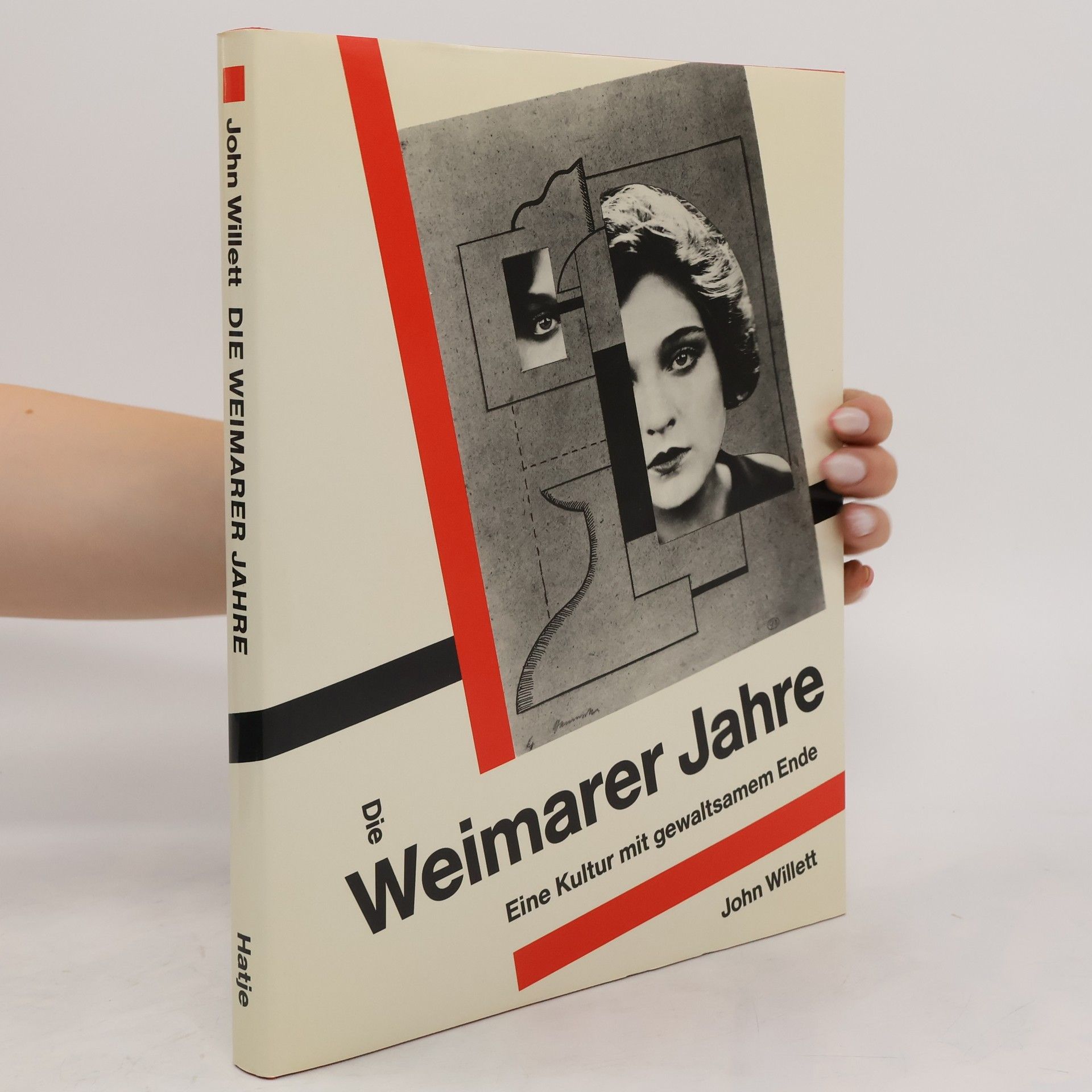
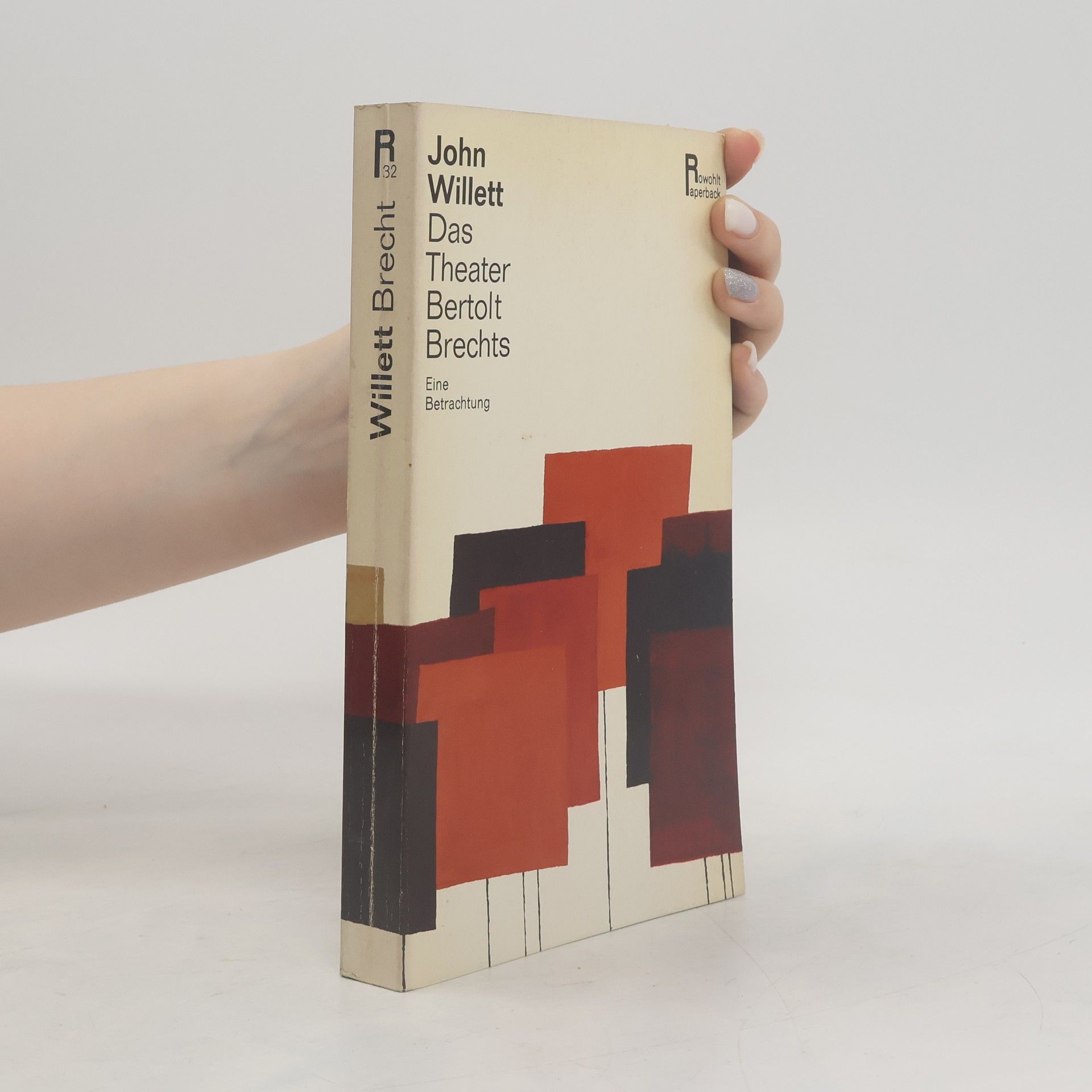
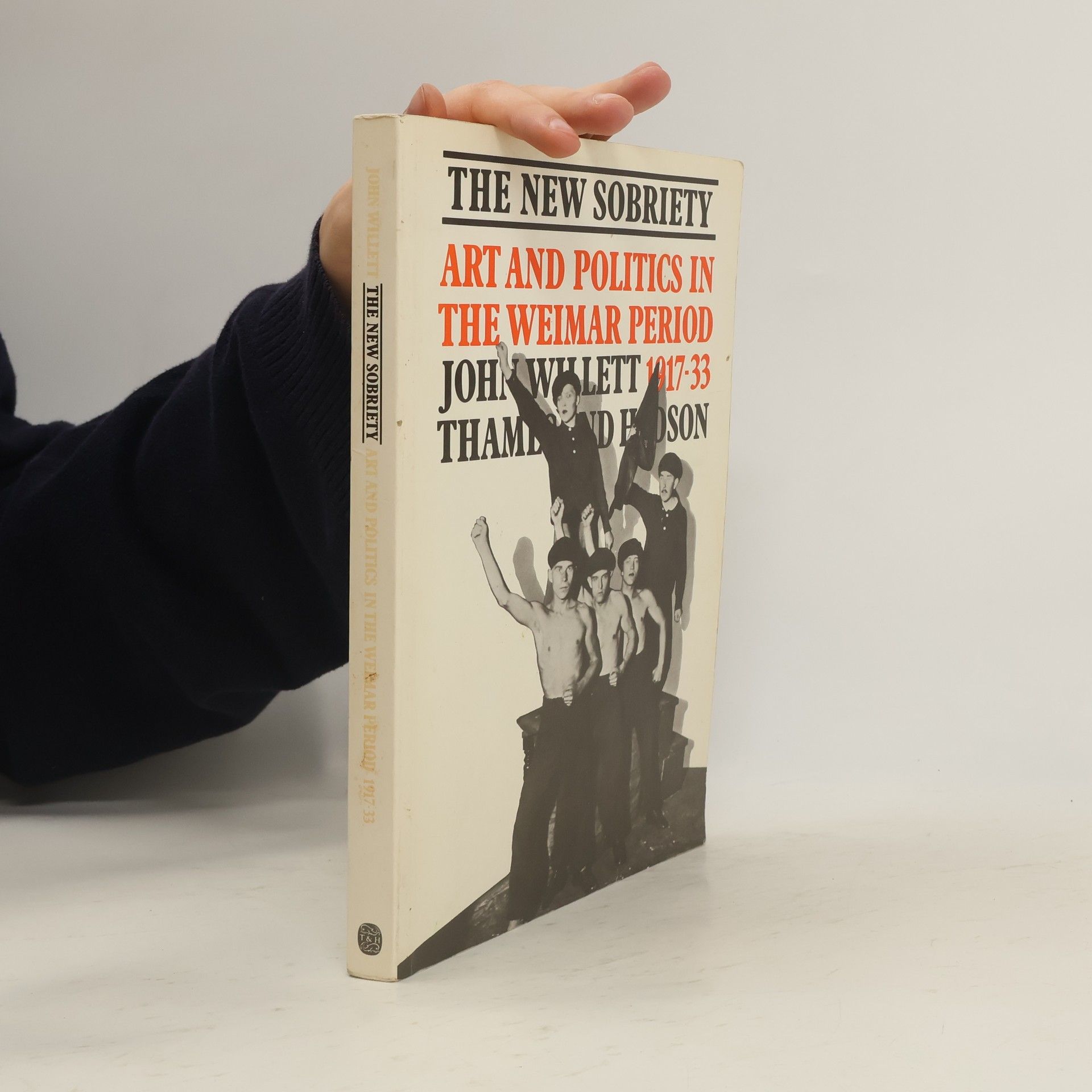
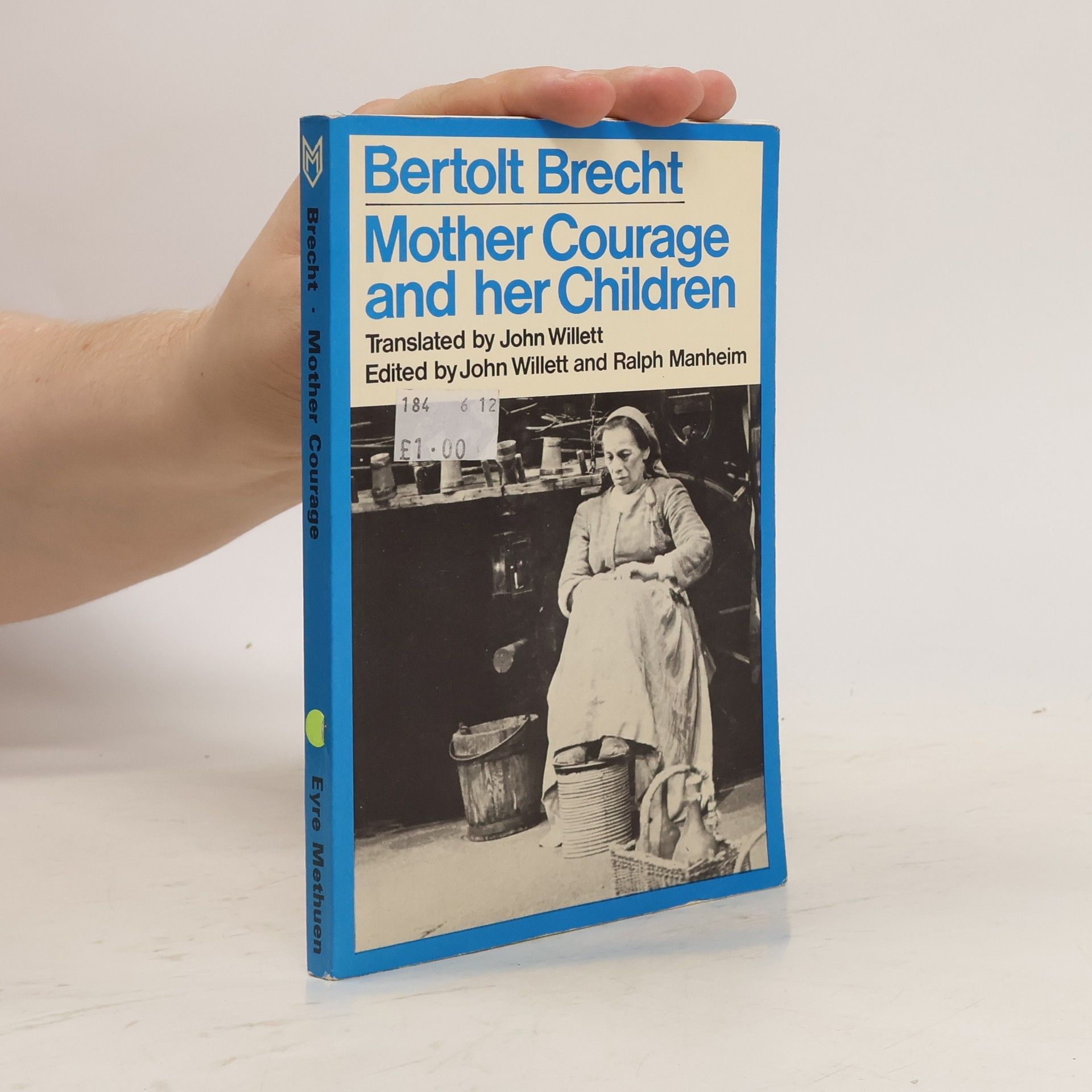
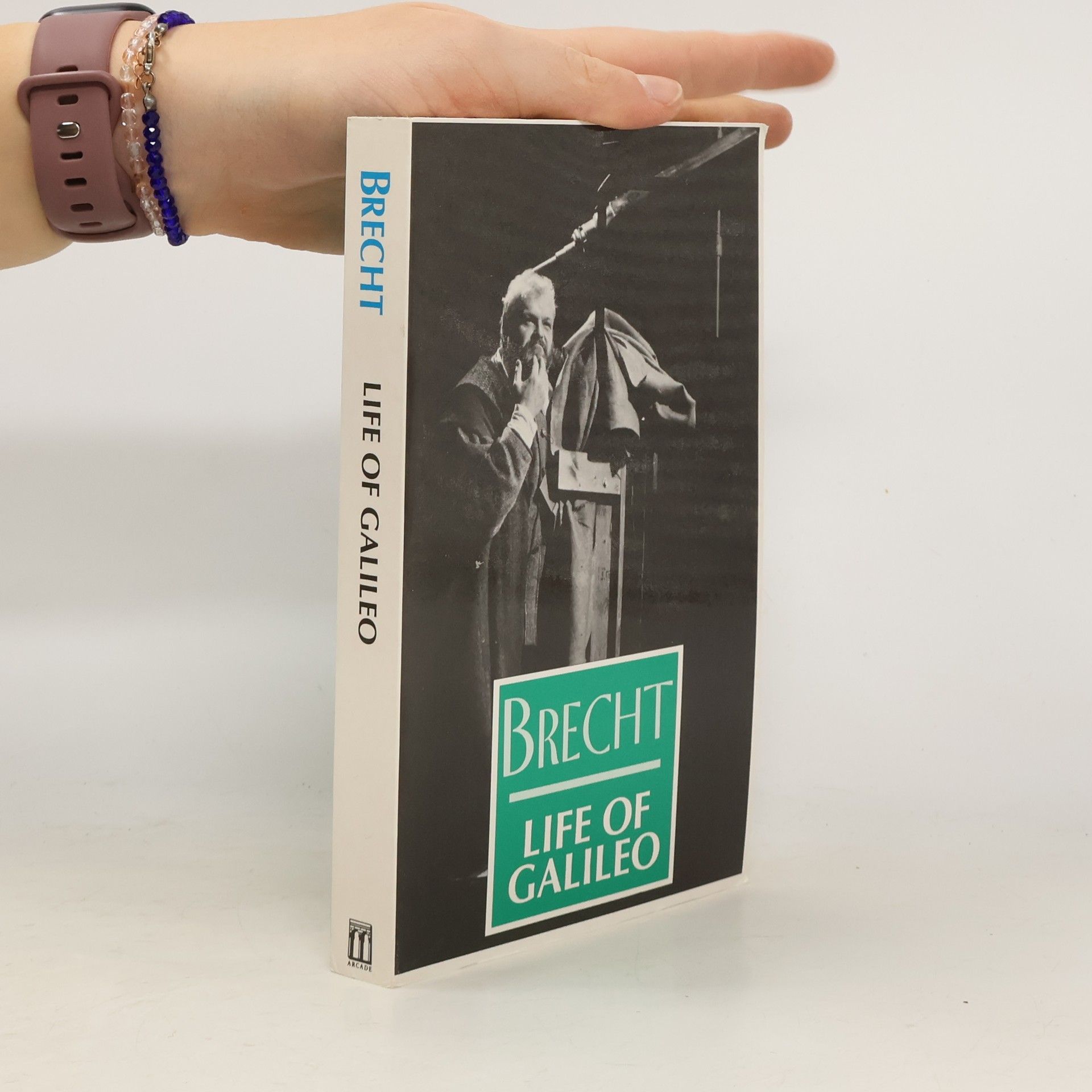
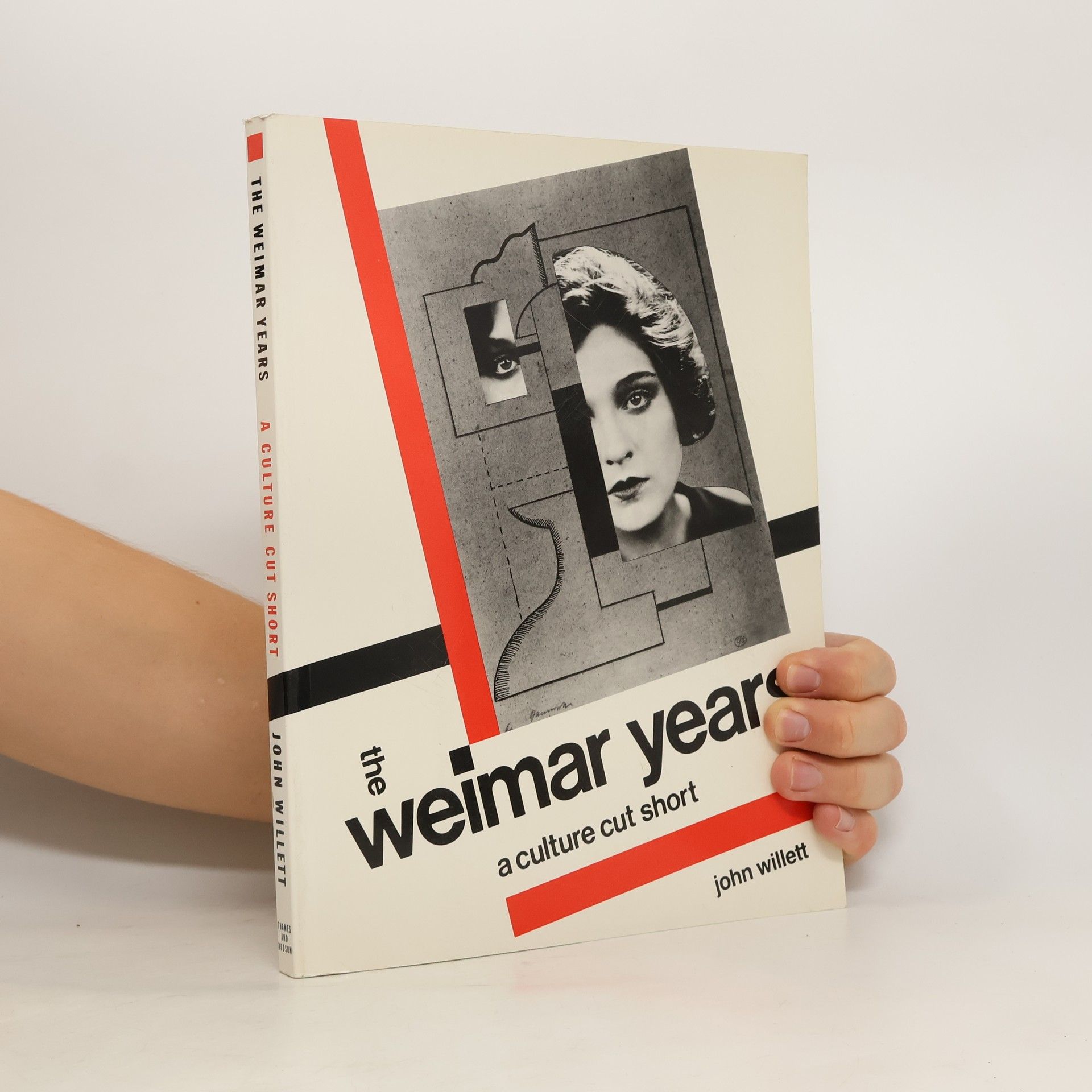
Life of Galileo
- 288bladzijden
- 11 uur lezen
Dramatizes the effect of Galileo's extraordinary discoveries on those around him, and the choice he had to make when accused of heresy by the Inquisition for stating that the earth revolved around the sun.
Mother Courage and Her Children
- 176bladzijden
- 7 uur lezen
Widely considered one of the great dramatic creations of the modern stage, "Mother Courage and Her Children" is Bertolt Brecht's most passionate and profound statement against war. Set in the seventeenth century, the play follows Anna Fierling -- "Mother Courage" -- an itinerant trader, as she pulls her wagon of wares and her children through the blood and carnage of Europe's religious wars. Battered by hardships, brutality, and the degradation and death of her children, she ultimately finds herself alone with the one thing in which she truly believes -- her ramshackle wagon with its tattered flag and freight of boots and brandy. Fitting herself in its harness, the old woman manages, with the last of her strength, to drag it onward to the next battle. In the enduring figure of Mother Courage, Bertolt Brecht has created one of the most extraordinary characters in the literature of drama.
The New Sobriety, 1917-1933
Art and Politics in the Weimar Period
The period between the end of World War I and Hitler's ascension to power witnessed an unprecedented cultural explosion that embraced the whole of Europe but was, above all, centered in Germany. Germany housed architect Walter Gropius and the Bauhaus movement; playwrights Bertolt Brecht and Erwin Piscator; artists Hans Richter, George Grosz, John Heartfield, and Hannah Hoch; composers Paul Hindemith, Arnold Schonberg, and Kurt Weill; and dozens of others. In Art and Politics in the Weimar Period , John Willett provides a brilliant explanation of the aesthetic and political currents which made Germany the focal point of a new, down-to-earth, socially committed cultural movement that drew a significant measure of inspiration from revolutionary Russia, left-wing social thought, American technology, and the devastating experience of war.
Die Weimarer Jahre
- 160bladzijden
- 6 uur lezen

